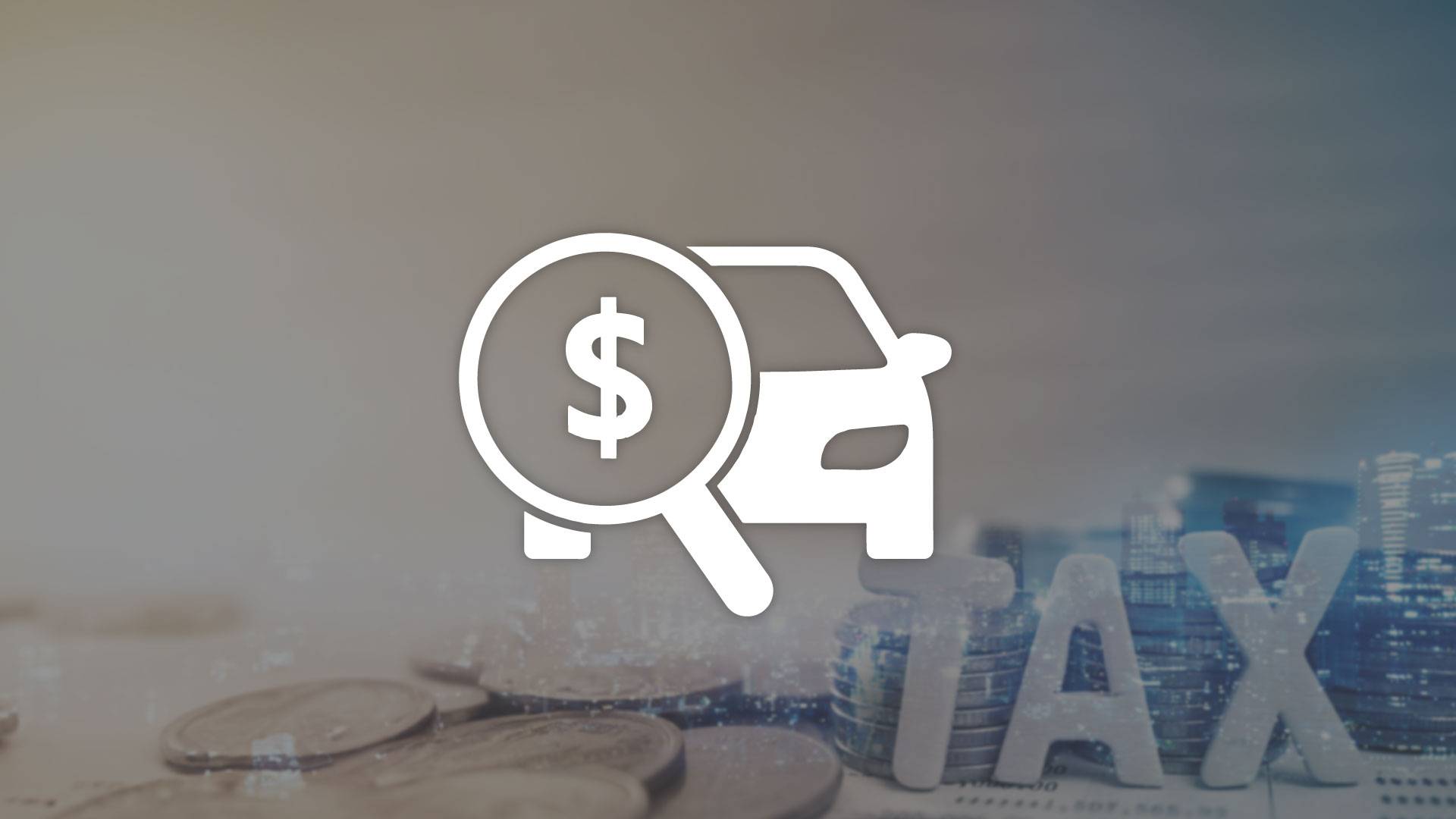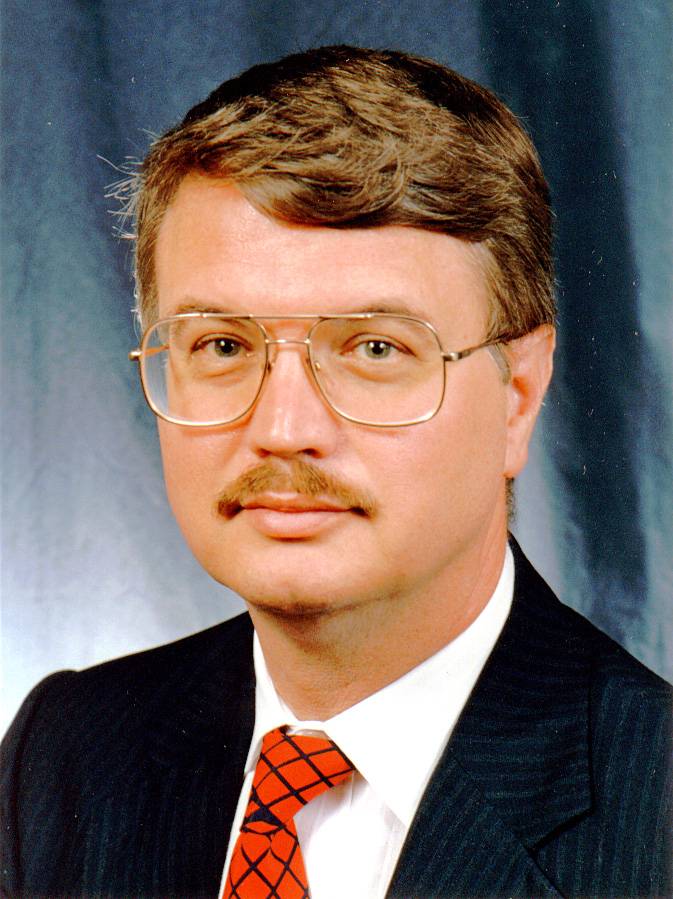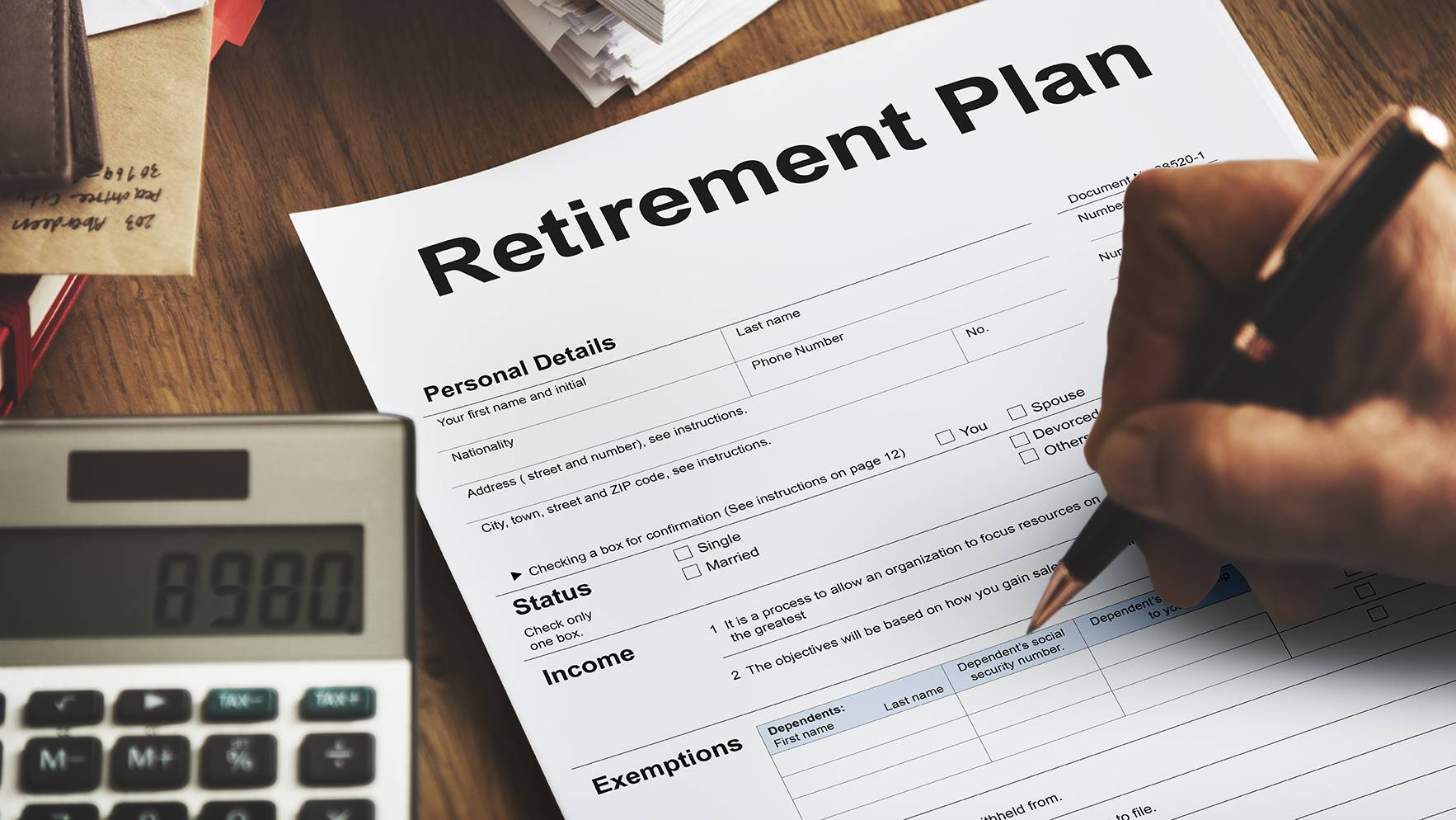Self-Study
Auto Tax Rules
Automotive tax rules on vehicle depreciation, expensing, and business use calculations. Learn to maximize deductions and managing fringe benefits.

$58.00 – $78.00
Webcasts are available for viewing Monday – Saturday, 8am – 8pm ET.
Without FlexCast, you must start with enough time to finish. (1 Hr/Credit)
Please fill out the form below and we will reach out as soon as possible.
CPE Credits
2 Credits: Taxes
Course Level
Update
Format
Self-Study
Course Description
Auto Tax Rules is an essential course for professionals and taxpayers seeking to maximize deductions related to business vehicle use. This automotive tax accounting CPE course features a detailed exploration of tax rules, including the apportionment of vehicle use, actual cost and standard mileage methods, and a deep dive into property tax deductions on Schedule A.
The benefits of this self-study auto tax accounting CPE course are manifold. It provides a clear understanding of the §168 depreciation and §179 expensing methods, their requirements, and limitations. Learners will be able to accurately compute basis, business use, and deductions, and understand the implications of less than 50% qualified business use. The course also offers valuable insights into the pros and cons of auto leasing, including how to calculate lease payments and understand common leasing terms. By completing this course, participants will be adept at determining the taxable fringe benefit value of employer-provided automobiles and applying valuation methods, ensuring compliance and optimal tax positioning.
Learning Objectives
Upon successful completion of this course, participants will be able to:
- Recognize tax vehicle depreciation (§168) and expensing (§179) methods and their limitations under MACRS recognizing basis, business use, and deduction computations.
- Specify the predominate business use rule recognizing the result of less than 50% qualified business use, cite the pros and cons of auto leasing, and determine how to estimate monthly lease payments indicating what factors affect payments.
- Identify items included under the standard mileage method listing items that may be separately deducted, determine the taxable fringe benefit value of an employer-provided automobile using the general and special valuation methods and specify several qualified nonpersonal use vehicles stating what reporting standards apply.
Course Specifics
8202705
February 21, 2025
There are no prerequisites.
None
82
Compliance Information
IRS Provider Number: 0MYXB
IRS Course Number: 0MYXB-T-02552-24-S
IRS Federal Tax Law Credits: 2
CTEC Course Number: 2071-CE-1493
CTEC Federal Tax Law Credits: 2
CFP Notice: Not all courses that qualify for CFP® credit are registered by Western CPE. If a course does not have a CFP registration number in the compliance section, the continuing education will need to be individually reported with the CFP Board. For more information on the reporting process, required documentation, processing fee, etc., contact the CFP Board. CFP Professionals must take each course in it’s entirety, the CFP Board DOES NOT accept partial credits for courses.
CTEC Notice: California Tax Education Council DOES NOT allow partial credit, course must be taken in entirety. Western CPE has been approved by the California Tax Education Council to offer continuing education courses that count as credit towards the annual “continuing education” requirement imposed by the State of California for CTEC Registered Tax Preparers. A listing of additional requirements to register as a tax preparer may be obtained by contacting CTEC at P.O. Box 2890, Sacramento, CA, 95812-2890, by phone toll-free at (877) 850-2832, or on the Internet at www.ctec.org.
Meet The Experts

Danny Santucci, BA, JD, is a prolific author of tax and financial books and articles. His legal career started with the business and litigation firm of Edwards, Edwards, and Ashton. Later he joined the Century City entertainment firm of Bushkin, Gaims, Gaines, and Jonas working for many well-known celebrities. In 1980, Danny established the law firm of Santucci, Potter, and Leanders in Irvine, California. With increasing lecture and writing commitments, Danny went into sole practice in 1995. His practice emphasizes business taxation, real estate law, and estate planning. Speaking to more than 100 groups nationally each year, he is known …



